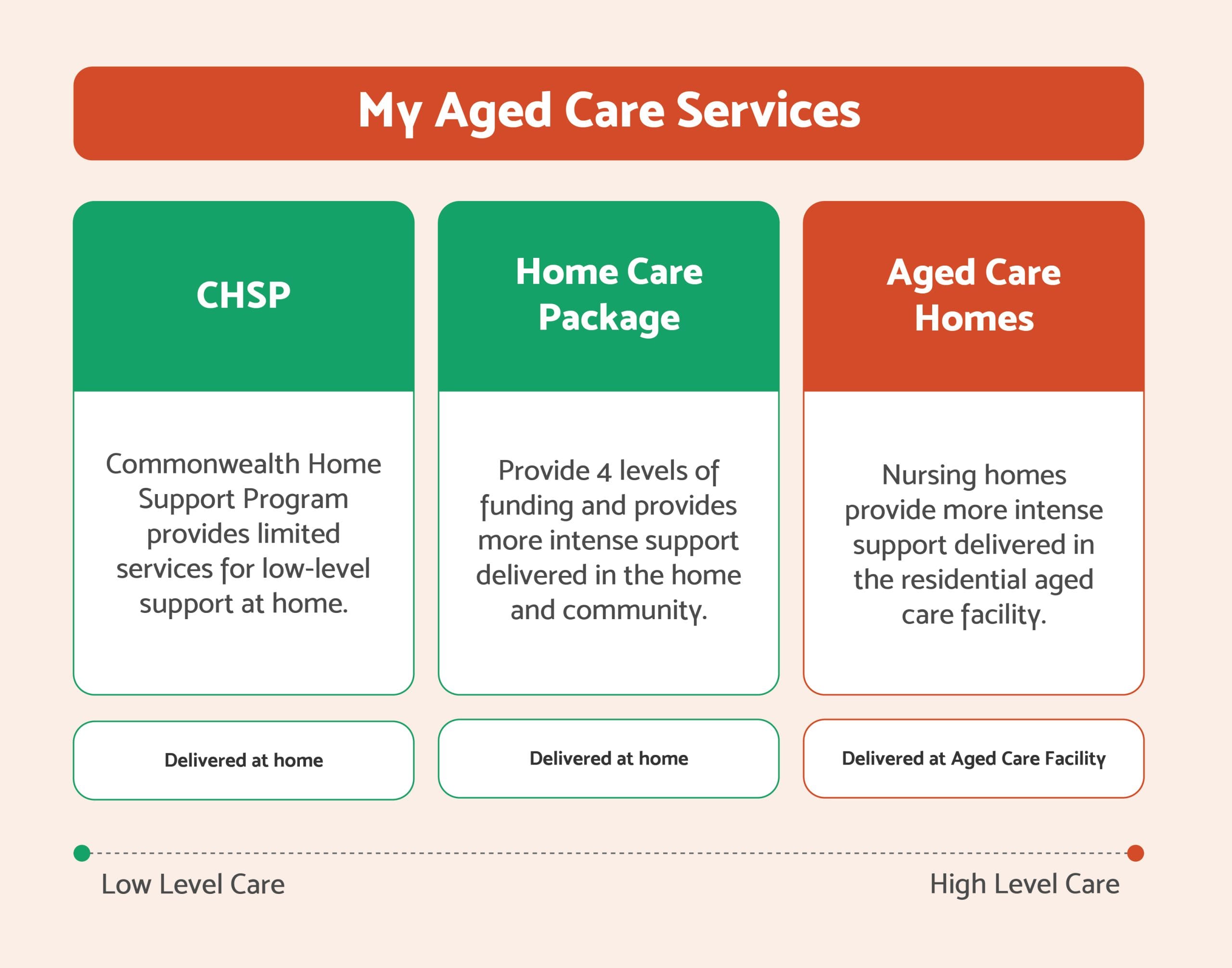Top 7 questions to ask when evaluating home care providers for disability services
Top 7 questions to ask when evaluating home care providers for disability services
Blog Article
Everything About Home Treatment Services for People With Disabilities: NDIS Registered Assistance
Home treatment solutions under the NDIS play an essential duty in sustaining individuals with impairments. These solutions are developed to enhance day-to-day living with tailored assistance, ranging from personal treatment to movement support. Comprehending just how to browse these alternatives can be intricate. This summary checks out the various elements of NDIS home treatment, from offered solutions to the choice of carriers, highlighting vital factors to consider for those looking for assistance. The trip towards empowered care begins right here.
Comprehending the NDIS and Its Objective
The National Handicap Insurance Policy Scheme (NDIS) functions as a transformative framework designed to supply assistance and solutions for individuals with disabilities. Developed to improve the quality of life and guarantee fair access to vital sources, the NDIS encourages individuals by using individualized strategies tailored to their distinct needs. It aims to cultivate self-reliance, enabling individuals to seek their personal goals and aspirations.Through a structured strategy, the NDIS assigns funding for different assistances, including education, work support, and neighborhood involvement. This all-encompassing scheme not only concentrates on immediate care but additionally emphasizes long-term developmental outcomes. By advertising selection and control, the NDIS motivates participants to pick their recommended company, assuring that care straightens with their values and choices. Inevitably, the NDIS stands for a significant commitment to boosting the lives of individuals with disabilities, fostering inclusivity, and constructing an extra supportive society.
Kinds of Home Treatment Services Available
Different kinds of home treatment solutions cater to individuals with disabilities, largely concentrating on individual treatment assistance and reprieve care choices. Individual treatment support offers crucial support with everyday tasks, while respite care offers momentary relief for primary caretakers. Recognizing these services is crucial for making sure the health of both individuals with specials needs and their family members.
Personal Care Aid
While maneuvering day-to-day life can provide obstacles for individuals with disabilities, individual treatment help uses crucial assistance tailored to their distinct requirements. This kind of home treatment service encompasses a variety of activities designed to advertise independence and improve lifestyle. Personal treatment aides assist with everyday tasks such as bathing, dressing, brushing, and toileting, making sure individuals keep personal hygiene and convenience. They may additionally aid with meal prep work, medicine management, and flexibility assistance. By giving personalized treatment, these experts equip people to involve even more totally in their social activities and everyday regimens. Generally, individual treatment help plays a substantial role in fostering dignity and freedom for those with specials needs, permitting them to grow in their home setting.

Reprieve Care Options
Respite treatment offers as a necessary source for families and caregivers of people with impairments, giving short-term remedy for the demands of daily caregiving. This type of service can take different forms, including in-home reprieve treatment, where skilled professionals see the home to help with care tasks. Households might decide for facility-based reprieve care, where people get care in a specialized setting, allowing caregivers to take a break. Furthermore, some companies offer emergency reprieve services for unanticipated circumstances. These options not only aid ease caretaker tension yet also advertise the wellness of people with handicaps by offering them brand-new experiences and social communication. Generally, break care plays an important role in sustaining both caregivers and those they look after.

Exactly How to Gain Access To NDIS Home Care Providers
Accessing NDIS home treatment services includes understanding the qualification requirements stated by the National Handicap Insurance Coverage Scheme. Individuals have to navigate a structured application process to protect the necessary assistance tailored to their demands. This area will clarify both the eligibility needs and the actions associated with looking for solutions.
Qualification Criteria Explained
To qualify for NDIS home care services, individuals need to fulfill specific qualification criteria that assess their situations and needs. Candidates have to be matured between 7 and 65 years and have a substantial and permanent disability that impacts their capability to do everyday tasks. In addition, they should be an Australian resident, an irreversible homeowner, or hold a Protected Unique Group Visa. The NDIS requires evidence of the special needs, generally via clinical evaluations or reports. Moreover, people need to demonstrate that they need assistance to join financial and social here life. These standards assure that services are guided towards those who really require help, advertising freedom and enhanced lifestyle for people with handicaps.
Application Refine Steps
Can I Choose My Own Support Employees Via NDIS?
The specific made inquiries whether they can select their very own assistance employees under the NDIS framework. Generally, participants have the versatility to choose assistance workers, cultivating individualized care that lines up with their particular needs and preferences.
What Takes place if My Requirements Change After Receiving Assistance?
They should communicate these adjustments to their solution copyright if an individual's demands change after receiving assistance. Changes can be made to the treatment plan, ensuring that the support remains pertinent and effective for their circumstances.

Are There Limits on The Number Of Hours of Care I Can Receive?
The individual made inquiries about possible limitations on the number of treatment hours got. Generally, such limits might exist based upon specific policies or funding setups, stressing the value of assessing standards and contracts on a regular basis.
Can I Make Use Of NDIS Financing for Home Adjustments?
The inquiry of using financing for home modifications emerges frequently. Typically, people may use NDIS funding for required adjustments to their homes, ensuring accessibility and safety, contingent upon conference certain eligibility criteria and guidelines.
How Do I Manage Issues About My Home Care Solutions?
To deal with complaints about home treatment solutions, people must first document their issues. They can connect straight with their solution supplier, seeking resolution, or escalate the problem to relevant oversight bodies if needed. Home treatment services under the NDIS play an essential duty in supporting individuals with disabilities. Numerous kinds of home care solutions cater to people with impairments, largely concentrating on personal care help and reprieve treatment alternatives. home care providers melbourne. Individual care aid supplies important support with everyday activities, while reprieve treatment offers short-term alleviation for key caregivers. Households might opt for facility-based break treatment, where people obtain treatment in a specific setting, enabling caretakers to take a break. Exactly how can family members effectively handle the monetary facets of home care services for individuals with specials needs?
Report this page